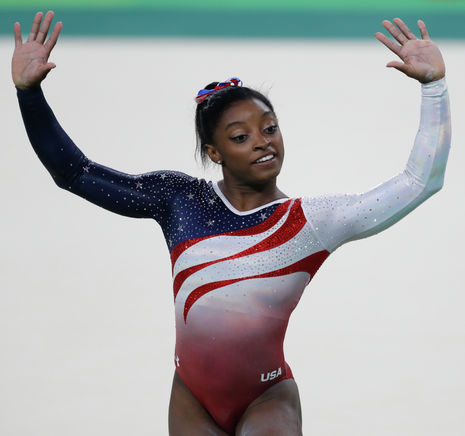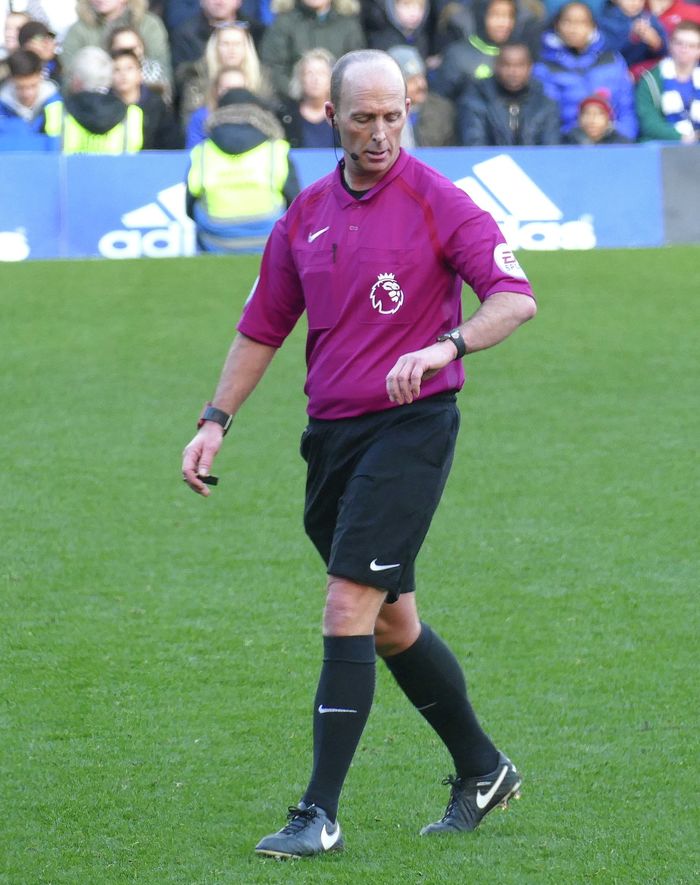The growing role of the psychologist in elite sports
With the Tokyo Olympics drawing to a close, Damola Odeyemi discusses the importance of protecting mental heath at the highest levels of competition

Twenty-five years ago, when society was much less open to discussions about topics such as mental health, the concept of a sport psychologist would have been somewhat foreign to the average athlete. But with the modernisation of elite sporting facilities and data analytics to maximise athletic performance, more attention is now being directed towards understanding the mental side of sports.
One way in which the world of sport has embraced mental health is simply an extension of developments in the wider public. Athletes and coaches alike now have a greater recognition of mental health, especially in relation to the specific pressures that they experience in their careers. Previously, sportspeople had been hesitant to open up about the impact that issues such as fatigue, depression, and personal tragedies had on themselves and their performances. However, recent occurrences have in fact indicated that this tendency is changing.
“much like a coach, the psychologist is there to hone certain skills of the athlete”
The tennis player Naomi Osaka, Japanese world number two, pulled out of this year’s French Open in the second round and all tournaments for the following four weeks, including Wimbledon. She took over a month away from the sport to escape the difficult and pressuring environment of professional tennis tours. Osaka initially stated that she planned not to attend press conferences at the French Open, yet received an abundance of backlash from the tennis media and governing organisations, largely based on the opinion that she wished to take total control of her own narrative and the way in which she is seen by the wider public. This criticism prompted her to pull out of the tournament completely, releasing a statement saying that she had been suffering with bouts of depression for the last three years and the stressful nature of the tour can trigger her social anxiety. Two decades ago, a statement of this sort would’ve been unheard of, but in today’s world Osaka is actively removing the stigma that surrounds sportspeople showing vulnerability and seeking help when they need it.
More recently, Simone Biles, one of the most decorated Olympic gymnasts of all time, pulled out of the Women’s Team Event and three of her individual events in Tokyo because of concerns about her mental health following a medical evaluation that deemed her unfit to compete. Biles was suspectedly suffering from lost move syndrome (LMS), colloquially known as the twisties, a dangerous condition peculiar to gymnasts, in which a mental block causes them to lose their sense of spatial awareness. Despite making a commendable return to win bronze in the balance beam final, the level of pressure and weight of expectation that Biles feels every time she goes out to perform must be unimaginably huge, and it is unsurprising that it can take such a toll on an individual. Over the last few years, Biles has been seeing a therapist to help cope with not just the pressure of competition, but also the stresses that come with her intense training regime. She and Osaka provide an insight into just how difficult it is to cope with the mentally taxing conditions of elite sports - an unfortunate reality that is inevitably easy to overlook for spectators.
“When it comes to progressive matters such as mental health and therapy, sporting culture has always lagged behind”
Therapists and psychologists are not just expected to provide support in unprecedented medical contexts, as many sports psychologists exist in a different setting, one in which their roles are based around perpetuating the mental preparedness of top athletes. In this way, much like a coach, the psychologist is there to hone certain skills of the athlete with the aim of achieving a desirable result. The most apposite example of such an athlete-psychologist relationship is that of Iga Światek, a young Polish tennis player and winner of the 2020 French Open. Światek has a personal, travelling psychologist in Daria Abramovicz, who she states has been crucial to her explosive success, most notably her Grand Slam victory last year that came as a huge surprise to many, given that she was only nineteen.
Abramovicz’s role is far more intimate than one would expect: her aim is to foster the right environment around Światek to allow her to peak in the right moments and harness all of her talent, in addition to being a therapist providing support and advice in specific situations. At times granular in her approach, Abramovicz restricted the amount of time Światek could spend on her phone in order to avoid potential distractions. Although seemingly draconian, such measures were presumably embraced by Światek, as they ultimately brought her the success that she coveted.
When it comes to progressive matters such as mental health and therapy, sporting culture has always lagged behind. Some of this is no doubt due to the constant competitive atmosphere and the supposed need to not show weakness. However, attitudes are beginning to change, as professional sports of all disciplines are seeking to move with the times. The mental health of elite athletes is now factoring into the way in which spectators watch them perform. Meanwhile, athletes themselves no longer see it as a sign of weakness to talk about their mental health, which is leading to an increased realisation that training should be a more holistic experience rather than a purely physical one, thus ushering in the involvement of trained psychologists.
The recent incidents with Osaka and Biles also serve as a pertinent reminder of the impact that the press, the average spectator, and the casual social media user can have on the mental wellbeing of these athletes. When they come out with the truth about how they feel, they are not always met with kind words. Sportspeople caring for their mental health and employing psychologists is undoubtedly a laudable development, as behind the performances lies the important fact that they are only humans. If we are to appreciate continued openness from competitors, we too must candidly confront our own potentially detrimental viewership habits and expectations in order to nurture the right environment for athletes to compete in the healthiest, and subsequently most successful, way possible.
 News / Judge Business School advisor resigns over Epstein and Andrew links18 February 2026
News / Judge Business School advisor resigns over Epstein and Andrew links18 February 2026 News / Hundreds of Cambridge academics demand vote on fate of vet course20 February 2026
News / Hundreds of Cambridge academics demand vote on fate of vet course20 February 2026 News / Petition demands University reverse decision on vegan menu20 February 2026
News / Petition demands University reverse decision on vegan menu20 February 2026 News / CUCA members attend Reform rally in London20 February 2026
News / CUCA members attend Reform rally in London20 February 2026 News / Gov grants £36m to Cambridge supercomputer17 February 2026
News / Gov grants £36m to Cambridge supercomputer17 February 2026










